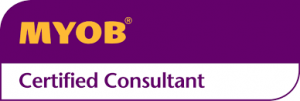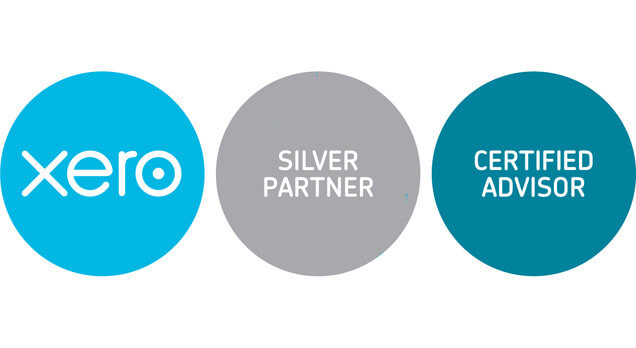A guide to the sharing economy

Many Australian small business owners are turning to the sharing economy phenomenon to supplement their income. Otherwise known as ‘collaborative consumption’, the sharing economy allows buyers, sellers and skilled or trade service providers to connect through an online platform, usually a mobile app or a website. A typical business transaction under this model allows customers to access unused items or services through a digital platform – meaning there’s little to no effort involved to gain a reasonable return for the service provider.
Small business owners claim to have ‘struck gold’ with the sharing economy craze alongside social sharing giants Uber, Airbnb and Airtasker, however there are some regulations that small business owners need to be wary of. Graham Whyte, the ATO’s assistant commissioner says, “If you earn a fee from task sharing for odd jobs or providing a service and it counts as assessable income you just need to include the income in your individual tax return.’’
Depending on what service you intend to provide under the sharing economy, there are different obligations set out by the ATO to abide by:
- If you’re charging a fee for goods or services and it’s not a hobby, it’s assessable income. If you’re registered for GST in your current business, you’ll need to account for GST through your existing ABN and GST registration.
- If you’re providing ride-sourcing services, you’ll need to charge and account for GST, regardless of your turnover.
- If you’re renting out your main residence, you don’t need to pay GST but this rental income will need to be factored in your return.




